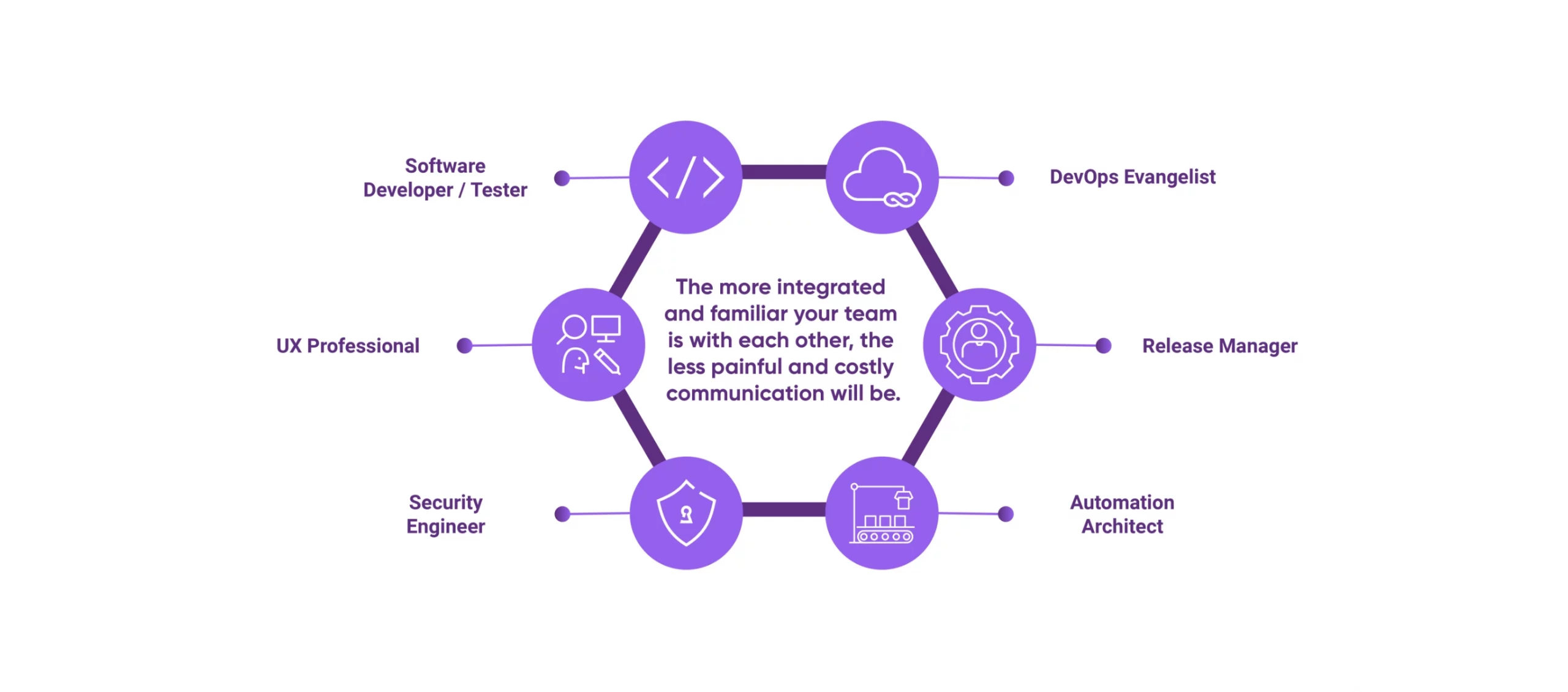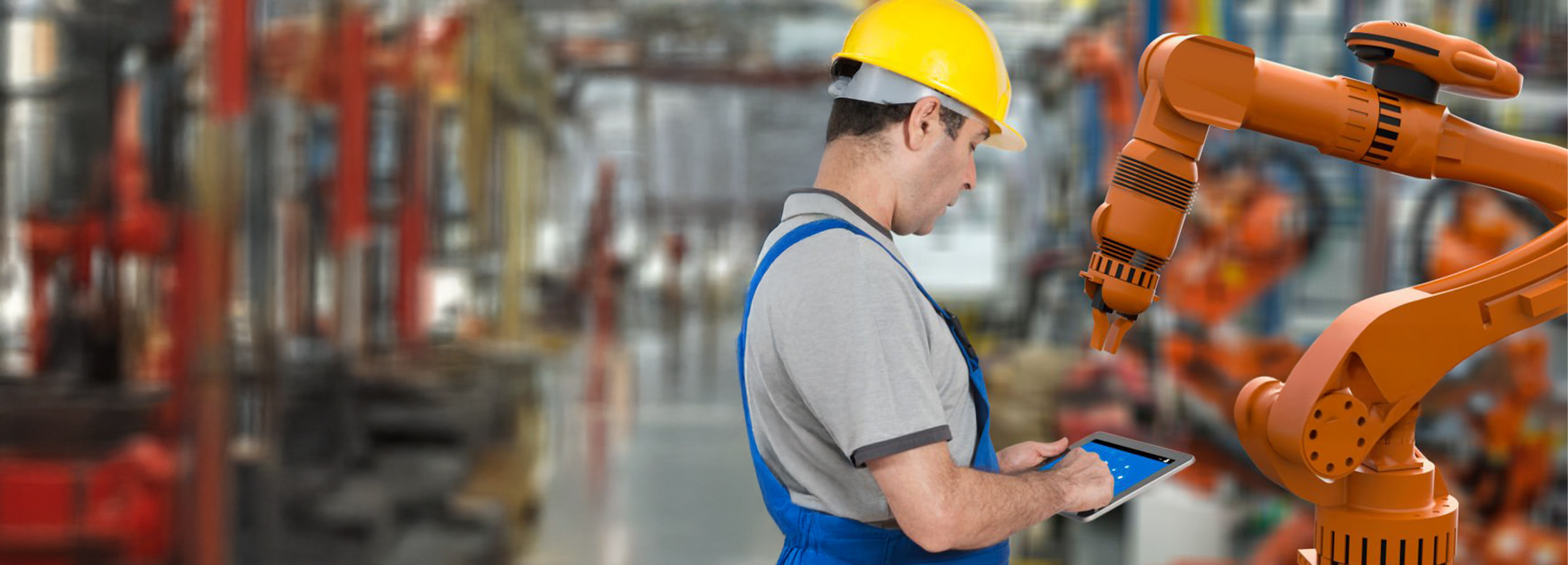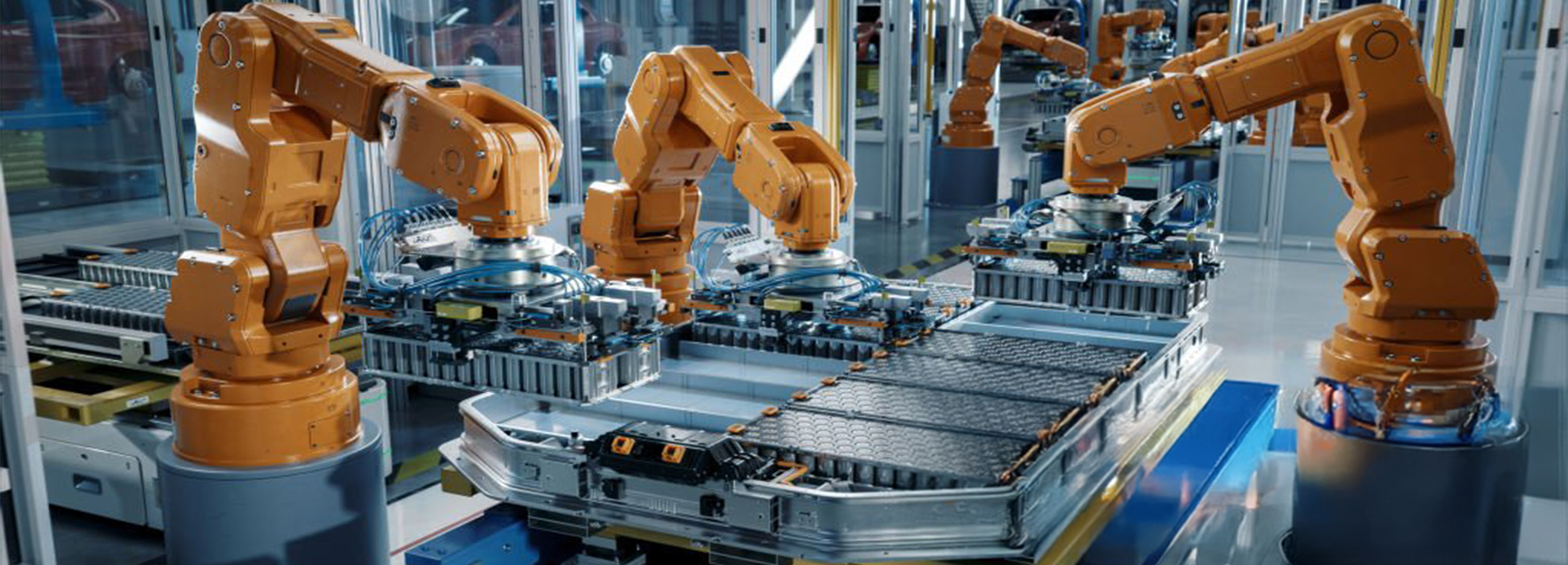It’s become apparent, primarily in recent times, that company culture is imperative to the way that company performs. The culture in our company gives plenty of information regarding the values, morals, and norms within a company or organization.
Neglecting to manage company culture, whether in-person or virtual, can lead to purposeful or accidental wrong practices. Culture encompasses the way those within a company will approach one another and whether or not they’ll succeed as a team.
Development Operations (DevOps) are part of the company culture. DevOps is a way of life in many organizations, often taught by management or external sources as a workplace discipline. The demand for constantly improving digital experiences is at an all-time high.
Most brands adopt DevOps to streamline the development, deployment, management, and maintenance of software at scale. There are certain principles of DevOps that need to fall into place before you can consider it a way of life within your organization.
DevOps: A Way of Workplace Life
DevOps is so much more than just a buzzword or a thing. Instead, it’s a literal set of principles that lay the foundation for an agile DevOps work culture. The primary objectives of the DevOps process include:
- Speeding up the deployment time for a product or service
- Apply improvements in an ever-changing environment
- Streamline a development process
The fastest way to achieve an agile transformation to a DevOps environment in your organization is to combine your operations and development teams, encouraging them to communicate and collaborate more. This partnership should allow for the design, implementation, and management of continuous integration and continuous delivery (CI/CD) frameworks.
Suppose you’re wondering how to cultivate such an engineering culture and an agile mindset among teams. In that case, there are certain principles you can apply to ensure a smooth transition into such a culture change.

A Collaborative Environment
For brands to achieve a unilateral team that focuses on delivering common objectives, they must encourage operations and development to communicate. By breaking down silos and bringing these teams together, your company can align its people, tools, and processes toward a customer-focused culture.
Fostering collaboration prepares employees for the cultural shift that must take place as DevOps gains a foothold within your organization. These changes have to start from the top, lining up executive sponsorship before anything. There’s nothing wrong with a well-executed initiative that comes from the top, as long as it’s completely transparent and well-understood by company teams.
Management should focus on putting the right people on their teams, those that will lead a culture change with confidence.
Responsibility On All Ends
Operations and development have entirely different roles in the traditional software development models. However, DevOps asks these teams to work together on every project and company application from beginning to end. Responsibility from start to finish is one of the core principles of DevOps.
Gone are the days when development wrote the code and operations set that code into action. There are far too many opportunities for error in the separation model, leading to many inefficiencies that you can fix by employing a DevOps mindset. DevOps helps avoid differences in production, performance problems, and unpredictable environments. Overall, it’s a collaborative push.
Encourage Improvement
The DevOps culture comes to those who encourage continuous improvement. Responsibility from end-to-end means constantly adapting to circumstances that change, including customer needs, the emergence of new technology, and changes in legislation.
The DevOps way of life places a focus on optimizing performance through constant improvement and the cost and speed of delivery. A valid application of DevOps means uniting teams to support your CI/CD pipelines, enabling the efficiency of the deployment of applications. Automated application release allows for minimal downtime.
Automation is Key
When it comes to a thriving DevOps environment, automation is the key. Striving for continuous improvement is a significant part of building a DevOps discipline that lasts, and high cycle rates and the ability to respond quickly to customer feedback are essential. Your brand has to begin automating repetitive processes to successfully pull this off if you haven’t already.
Automation is the best way to release new software to your consumer base rapidly. Automation within DevOps looks like this:
- Automation of infrastructure provisioning
- Software deployment and testing
- The building of new systems
- Verifying functionality and security
It’s only natural that DevOps teams will begin to automate their own processes as well, from building and running software to safely making changes to their running services. By automating services within DevOps teams, your organization can get the software to the masses in a more reliable fashion than ever
Customer-Based Focus
The DevOps mindset is very focused on the needs of the customer. Regardless of size, it requires every brand to act like a start-up, continuously innovating and pivoting when established strategies are no longer working. DevOps means investing in software features that will deliver a fantastic customer experience across the board.
The demands of consumers are constantly changing, and if you’ve done the work to establish a DevOps culture, your team is listening, continually reviewing automated data, and working with it instead of against it. However, DevOps also means that your team focuses on the correct automated data.
Don’t obsess with your metrics, primarily if you’re new to the DevOps way of life. Instead, focus on the metrics that matter to your company and the people that utilize your services. It can be easy to get lost in the noise of analytics, but a DevOps mindset can work through that noise to the information that matters.
Learning from Failure
With any intentional culture change, no matter how positive, comes failure. DevOps requires that organizations embrace a whole new way of working, including cloud computing. Accepting potential and inevitable failures on every company level fosters a learning climate where employees feel safe making mistakes.
Failures are nothing but opportunities to learn, and this is an attitude that you should foster early in the switch to a DevOps state of being. The willingness to learn from mistakes can create a massive shift within company culture as well.
Uniting Teams and Expertise
DevOps is very much about unison and sharing expertise. It’s an incredibly collaborative business culture that encourages learning, automating repetitive processes, and streamlining a company through conveyed experience. DevOps teams have to be very involved at every stage of software development.
From planning and building to deployment and feedback, DevOps is there, acting as a cross-functional team with a very well-rounded and balanced set of skills. There is a place for DevOps within every company, seamlessly streamlining operations in various companies and multiple components of the technology world.
It’s not easy to find a well-rounded IT professional, though they exist. Instead of trying to find the perfect members for your DevOps team, create them. Encourage shared expertise at every turn, and stress how important it is to live a DevOps lifestyle when present in the workplace. Above all, lead by example.
DevOps doesn’t have to apply only to newer companies that are more susceptible to change. It works everywhere, and it does not mean the erosion of functional responsibilities. Instead, team members with different expertise areas will share responsibility for running code in the production process.
DevOps is the new definition of teamwork.













